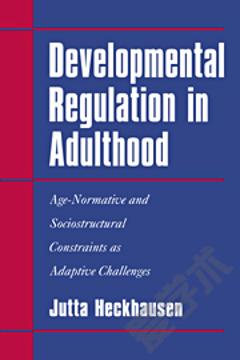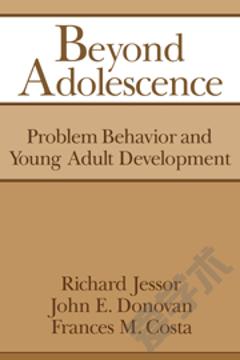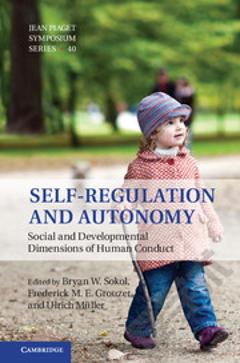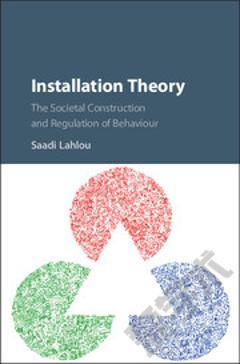Developmental Regulation in Adulthood: Age-Normative and Sociostructural Constraints as Adaptive Challenges
Acknowledgments List of tables and figures Introduction 1. Selectivity and failure compensation as fundamental requirements of human behavior and development 2. The life course as a context of action 3. Primary and secondary control across the life span 4. A model of developmental regulation across the life span 5. Developmental goals as organizers of developmental regulation 6. Developmental regulation in different life-course ecologies 7. Social comparisons as prototypical strategies in developmental regulation 8. Conclusions and prospects for future research References Indexes.
{{comment.content}}








 京公网安备 11010802027623号
京公网安备 11010802027623号